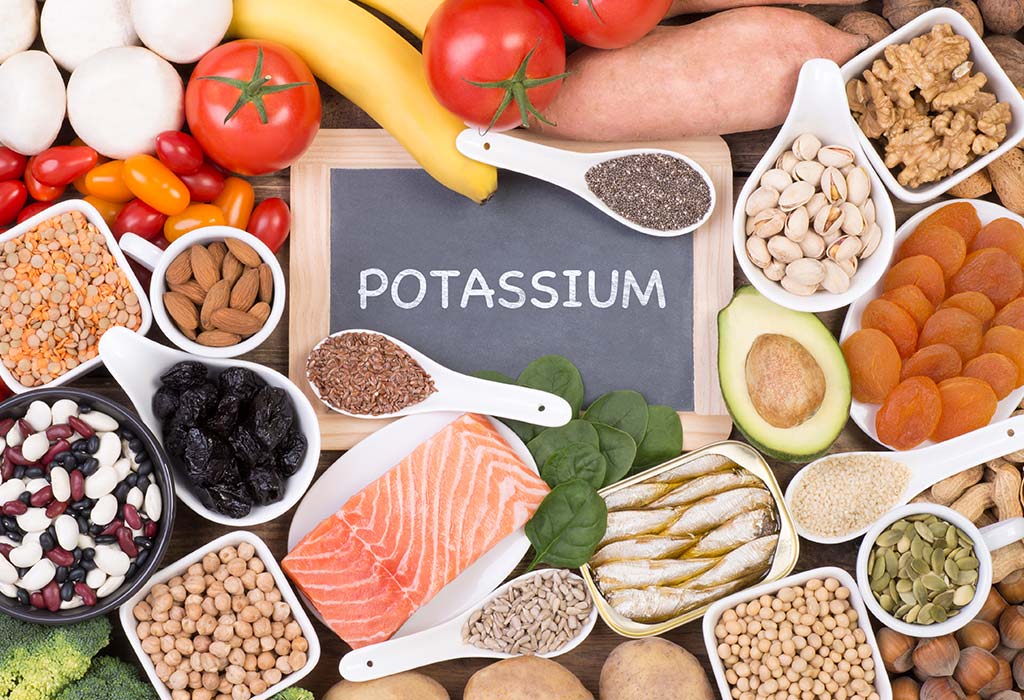Hello and welcome to this post on the top 5 useful information of avocado for digestive health. Avocados are known for their delicious taste and creamy texture, but did you know that they can also provide a range of health benefits, especially for your digestive system? In this post, we'll explore the ways in which avocados can promote digestive health and why they are such a valuable addition to your diet. So, whether you're an avocado lover or just looking to improve your digestive health, this post will provide you with some valuable insights and tips to help you make the most of this amazing fruit. Let's dive in!
1, High in Fiber.
Avocados are an excellent source of dietary fiber, with one medium-sized avocado containing around 13-14 grams of fiber, which is roughly 50% of the recommended daily intake for adults. Fiber is essential for maintaining good digestive health because it helps to keep the digestive system functioning properly. Specifically, fiber plays a critical role in preventing constipation and maintaining regular bowel movements.
When you eat foods that are high in fiber, such as avocados, the fiber passes through the digestive system largely intact. As it moves through the colon, it absorbs water and swells up, which helps to add bulk to the stool and promote regular bowel movements. This, in turn, can help prevent constipation and ensure that waste is eliminated from the body regularly, which is essential for maintaining good digestive health.
In addition to promoting regularity, fiber can also help regulate blood sugar levels, promote healthy cholesterol levels, and even aid in weight loss by keeping you feeling full for longer periods of time. So, by incorporating fiber-rich avocados into your diet, you may be able to improve not just your digestive health, but your overall health and well-being as well.
In conclusion, if you're looking to improve your digestive health, be sure to add some fiber-rich avocados to your diet. With their delicious taste and impressive nutritional profile, they make a great addition to any meal or snack. Just be sure to drink plenty of water to help the fiber move through your digestive system smoothly.
2, Contains Monounsaturated Fatty Acids.
Avocados are rich in monounsaturated fatty acids (MUFAs), which are a type of healthy fat that can provide a number of benefits for digestive health.
MUFAs are known for their ability to improve the absorption of nutrients in the body. Specifically, they can help the body absorb fat-soluble vitamins such as vitamins A, D, E, and K, as well as other important nutrients like carotenoids and phytochemicals. This means that by consuming avocados, you may be able to improve your body's ability to absorb and utilize nutrients, which can be especially important for individuals with digestive disorders or nutrient deficiencies.
In addition to improving nutrient absorption, MUFAs can also aid in digestion by stimulating the production of digestive enzymes. Digestive enzymes are essential for breaking down food and making it easier for the body to absorb and utilize nutrients. By promoting the production of digestive enzymes, MUFAs may help to improve digestion and reduce symptoms of digestive distress such as bloating, gas, and indigestion.
So, if you're looking to improve your digestive health, consider incorporating some healthy fats like MUFAs from avocados into your diet. Not only can they help improve nutrient absorption and aid in digestion, but they also provide a range of other health benefits, such as reducing inflammation and promoting heart health.
3, Rich in Potassium.
Avocados are a fantastic source of potassium, a mineral that plays a critical role in maintaining good digestive health.
Potassium is an electrolyte that helps regulate fluid balance in the body. When you consume foods that are high in potassium, like avocados, it can help regulate the balance of fluids in your digestive system, preventing issues like bloating and constipation.
Additionally, potassium is essential for the proper functioning of the digestive system. It helps to stimulate the muscles in the digestive tract, promoting healthy bowel movements and preventing issues like constipation. Furthermore, potassium helps to neutralize stomach acid, which can be beneficial for individuals with acid reflux or other digestive disorders.
In addition to its digestive benefits, potassium is also important for a range of other bodily functions, such as regulating blood pressure, promoting heart health, and supporting muscle and nerve function. In fact, avocados are one of the best dietary sources of potassium, with one medium-sized avocado containing around 700-800mg of potassium, which is roughly 20% of the recommended daily intake for adults.
So, if you're looking to improve your digestive health, be sure to incorporate some potassium-rich avocados into your diet. With their delicious taste and impressive nutritional profile, they make a great addition to any meal or snack.
4, Contains Antioxidants.
Avocados are a rich source of antioxidants, which can provide a range of benefits for digestive health.
Antioxidants are compounds that help protect the body from damage caused by free radicals. Free radicals are unstable molecules that can damage cells and contribute to a range of health issues, including digestive disorders. When free radicals attack the cells in the digestive tract, they can cause inflammation, irritation, and other types of damage that can lead to digestive problems.
Fortunately, avocados contain a variety of antioxidants, such as vitamin C, vitamin E, and carotenoids, that can help protect the digestive system from damage caused by free radicals. Vitamin C is a powerful antioxidant that helps to protect cells from oxidative stress, while vitamin E helps to neutralize free radicals and protect cell membranes. Carotenoids, such as beta-carotene and lutein, are also important antioxidants that can help protect against cellular damage and reduce inflammation in the digestive tract.
By consuming avocados, you can help boost your intake of these important antioxidants and promote digestive health. In addition to their antioxidant properties, avocados are also a rich source of other nutrients, such as fiber, healthy fats, and potassium, that can provide a range of additional benefits for digestive health.
So, if you're looking to support your digestive health, consider adding some antioxidant-rich avocados to your diet. With their delicious taste and impressive nutritional profile, they make a great addition to any meal or snack.
5, May Help Reduce Inflammation.
Avocados contain a compound called beta-sitosterol that has been shown to have anti-inflammatory properties, which can be beneficial for digestive health.
Inflammation is a natural response of the immune system that helps to protect the body from harmful invaders, such as bacteria and viruses. However, chronic inflammation can also contribute to a range of health problems, including digestive disorders like inflammatory bowel disease (IBD) and irritable bowel syndrome (IBS).
Fortunately, beta-sitosterol, a type of plant sterol found in avocados, has been shown to have anti-inflammatory properties that may help reduce inflammation in the digestive tract. Studies have suggested that beta-sitosterol can help to reduce inflammation in the gut by inhibiting the production of inflammatory compounds and promoting the production of anti-inflammatory compounds.
By consuming avocados, you can increase your intake of beta-sitosterol and other anti-inflammatory compounds, potentially reducing inflammation in the digestive tract and promoting better digestive health. Additionally, avocados are a rich source of other nutrients that can support digestive health, such as fiber, healthy fats, and potassium.
So, if you're looking to reduce inflammation and support digestive health, consider adding some delicious avocados to your diet. With their versatile flavor and impressive nutritional profile, they make a great addition to a wide range of dishes and snacks.
That's it for our post on the top 5 useful information of avocado for digestive health. We hope you found this information helpful and informative. Remember, incorporating avocados into your diet is just one of the many ways to promote digestive health. Make sure to consult with a healthcare professional before making any major dietary changes. If you enjoyed this post, please give it a thumbs up and subscribe to our channel for more health and wellness content. Thank you for watching, and we'll see you in the next post!





Comments
Post a Comment